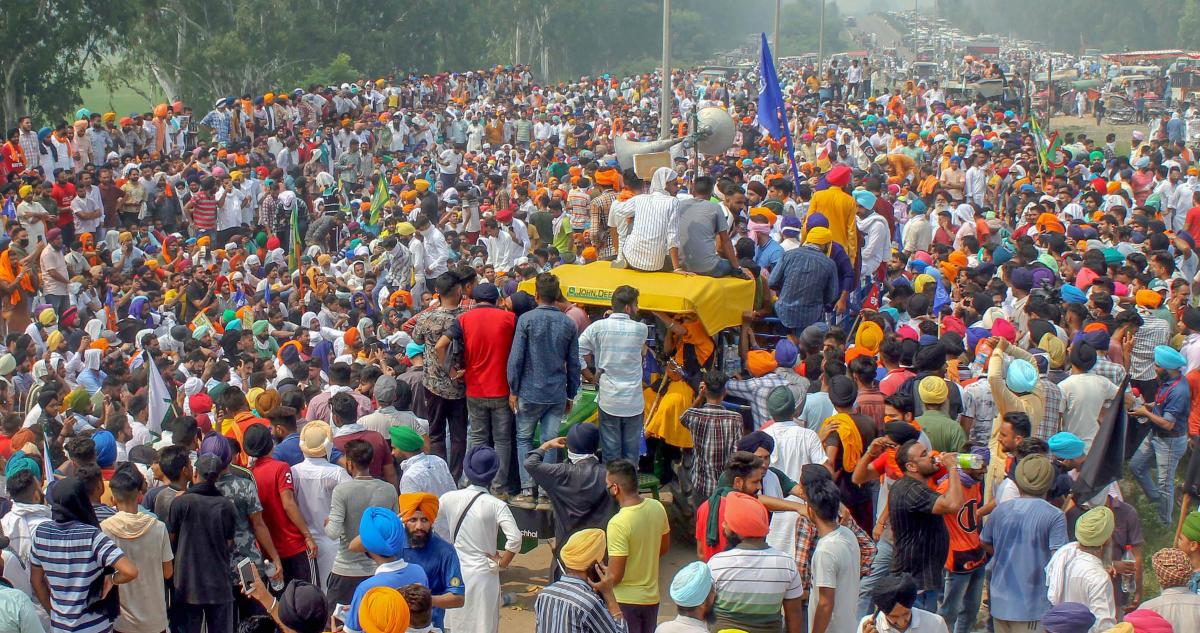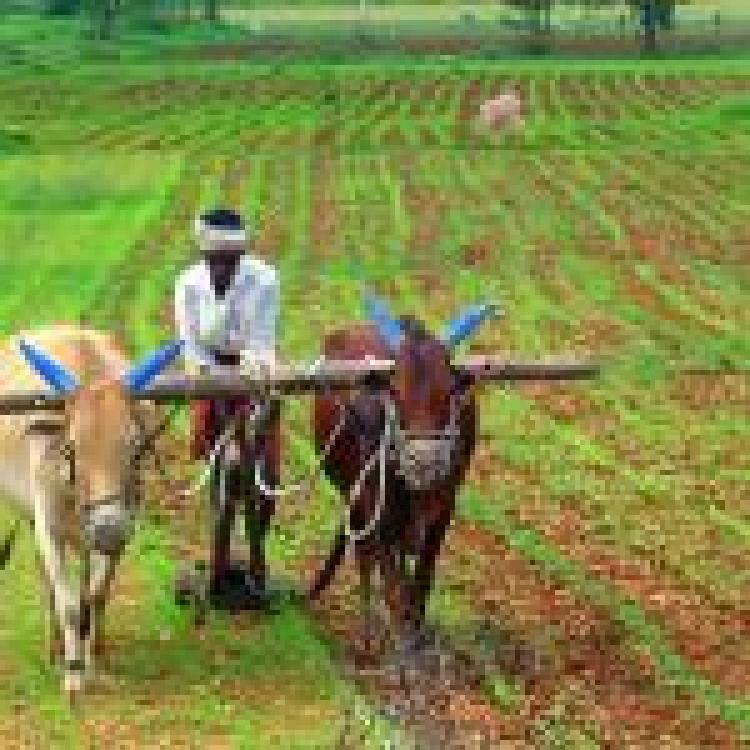 Punjab Haryana border near Ambala
Punjab Haryana border near Ambala
Indian farmers have maintained that they will intensify protests and hold a nationwide strike on Tuesday after negotiations with the Indian government broke down.
Farmers Punjab, Haryana, and Uttar Pradesh are continuing to block key highways on the outskirts of New Delhi as they demand a total repeal of the farming bill which seeks to deregulate crop pricing.
These laws were imposed on farmers in September, and whilst India’s Prime Minister insists that they grant farmers more autonomy, as they can set their own prices and sell directly to private businesses, farmers maintain that legislation leaves farmers vulnerable to corporate exploitation.
Agriculture is the primary source of livelihood for 58% of India's 1.3 billion population, meaning farmers are the biggest voting bloc in the country.
According to Ashutosh Mishra, the media coordinator of protest organizer All India Kisan Sangharsh Committee, which represents around 200 farming unions, tens of thousands of demonstrators have gathered at each of New Delhi's three borders -- a line of protesters at one of the borders stretches for 30 kilometres (19 miles), he said.
The police have made attempts to block demonstrators from entering the city. They fired tear gas and water cannons on Thursday and Friday after protestors pelted police officers with stones and damaged public property, according to Manoj Yadav, a senior police official from Haryana.
"We are trying to be wary of Covid but we don't have an option -- it is a question of life and death," said Mukut Singh, the president of a farmers union in the northern state of Uttar Pradesh.
"We are the ones who have provided food, milk, vegetables when the whole country was in lockdown -- we were still toiling in the fields," he said. "It is the government who has put us at risk by introducing these laws during COVID-19."
Read more from Al Jazeera, the BBC, and CNN

